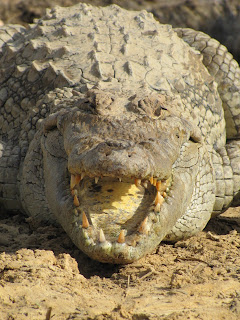Chiyono Hasegawa, the world's second-oldest person and Japan's second oldest person ever, passed away today, 2 December 2011, of natural causes at age 115 years, 12 days. She had been born on 20 November 1896.
Hasegawa became Japan's oldest person at age 113 years, 163 days on 2 May 2010, following the death of Kama Chinen of Okinawa, who died aged 114 years, 357 days. Her death today ends her reign as Japan's oldest person at 1 year and 214 days.
Hasegawa has been recognised as the world's second-oldest person twice, the first time on 14 April 2011, upon the death of Walter Breuning of Montana, United States, and the second time on 21 June 2011, when Maria Gomes Valentim of Brazil died. Valentim's validation on 18 May 2011 was what moved Hasegawa back to third place then.
Hasegawa surpassed Kama Chinen as Japan's second-oldest known and undisputed person on record on 13 November 2011, aged 114 years, 358 days.
Hasegawa died as the 26th-oldest person ever, between Marie Brémont (25 April 1886 - 6 June 2001, aged 115 years, 42 days) and Annie Jennings (12 November 1884 - 20 November 1999, aged 115 years, 8 days).
Hasegawa is, to date, the only known and undisputed Japanese to have died at the age of 115.
Hasegawa's death also means that Japan's oldest person is, for the first time in more than twelve years, a man.
This man is Jiroemon Kimura of Kyoto, who was born on 19 April 1897. At age 114 years, 227 days at the time of Hasegawa's death, he is also the world's oldest man from 14 April 2011, and the sixth-oldest Japanese ever.
Kimura is also the first supercentenarian to become Japan's oldest living person at age 114 since Mitoyo Kawate (15 May 1889 - 13 November 2003, aged 114 years 182 days) did so on 31 October 2003, following the death of the age-questionable Kamato Hongo (16 September 1887? - 31 October 2003, aged 116 years 45 days?).
Hasegawa's death also means that Besse Cooper of Georgia, United States, born 26 August 1896, who is the world's oldest person at age 115 years, 98 days as of 2 December 2011, is now the last validated living supercentenarian born in the year 1896.
Click this link for confirmation in Japanese.English translation:
(Abstract, translated from Japanese)Wednesday, December 2 - A 115-year-old woman, the oldest in the country and living in Saga Prefecture, died today of natural causes.
The deceased, Chiyono Hasegawa, was born 115 years ago on 20 November 1896, and is the oldest person in the country since May of last year.
According to officials in Saga, health facility staff were informed of Mrs Hasegawa's death from natural causes at around 8.30am on 2 December. With the death of Ms. Hasegawa, Japan's oldest person is Jiroemon Kimura of Kyoto. Mr. Kimura is a 114-year-old man who was born on 19 April 1897.
Update (6 December 2011) - It has been reported that Japan's oldest living woman is currently an anonymous woman from Kanagawa Prefecture. As she is stated to be 113 years old and born in 1897, her birthdate can be inferred to be anywhere from 3 to 31 December 1897.
















